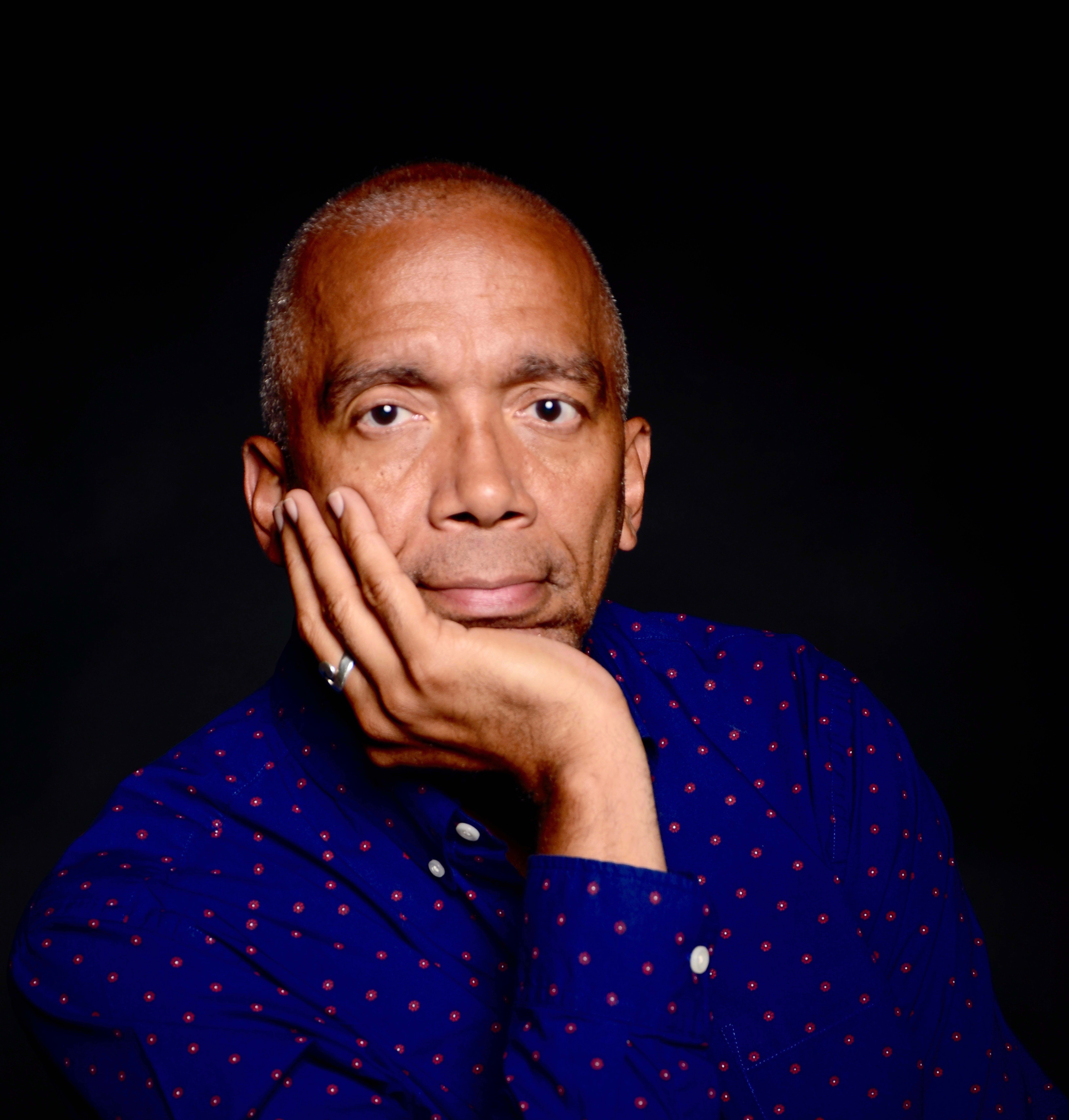Authenticity of Expression: An Interview with Director Timothy Douglas

Director Timothy Douglas returns to the Playhouse to stage Where the Mountain Meets the Sea, Jeff Augustin’s intimate account of acceptance, empathy, memory, relationship and time. In this interview, he reflects on the vividness of the characters, context, music and themes.
Playwright Jeff Augustin describes the setting of the piece as "a space of possibility." As director, what does that description inspire or spark for you?
It says to me that the piece feels so personal and has a kind of authenticity of expression that, with the narrative, there wants to be a free and non-binding of the expression of the spoken word and sentiment. So, the writer refrains from providing too much structure. My job as director for this theatrical piece is to create just enough framing or scaffolding so that the space can still live, breathe and radiate freely but has enough structure that an audience is able to follow the narrative as well as the performers. It sparks only inspiration within the challenge but it’s why I do this.
What appeals to you the most about Jean? What appeals to you the most about Jonah?
I think for both of them it’s another classic example, theatrically told, that these two are so much alike and don’t even know it. What appeals to me about both is their willingness to give over to speaking to (and) defining what remains what’s unknown about the other person.
How does the music drive the storytelling? Is there a particular song or lyric that particularly resonates for you?
I would say the music buoys the storytelling in the way the board supports the surfer as they catch the wave. This whole piece is a vibe like a wave and our job presenting and creating it for the audience is to ride the wave. And the lyric that resonates for me is “the space that you occupy in my heart didn’t go away the day that you died.”
.jpg?sfvrsn=aeb1180_1) Timothy Douglas in rehearsal with Rob Morrison (Music Director/Musician), Rachel Fobbs (Musician) and Isaiah Tyrelle Boyd (Jonah).
Timothy Douglas in rehearsal with Rob Morrison (Music Director/Musician), Rachel Fobbs (Musician) and Isaiah Tyrelle Boyd (Jonah).
In what ways do the music and musicians merge with the actors to tell this story?
Because of the freedom and looseness of structure provided by the piece itself, structure is given by the performers, and the delivery system is the text and the music. So there really is no way to separate them. They merge holistically.
How is directing a play with music different than directing a straight play? How is a play with music different than a musical?
In my directing journey, the directing of musicals came later. And all I knew was to direct (musicals) like a play. So, the music becomes a character in the play or the same way that the staging of a play has to interweave with the scenic, costume and sound design. It’s just about the weaving and how music gets woven. But in terms of direction ultimately there is no difference — I direct everything exactly the same way. A play with music just means that instead of the music being a major character in the journey, it’s a minor character in the journey. And a minor keyed piece of music is no less impactful than a major keyed piece of music — it just hits differently.
What do you hope audiences take away from the experience?
I hope they see and feel themselves within and along the journey of this piece.